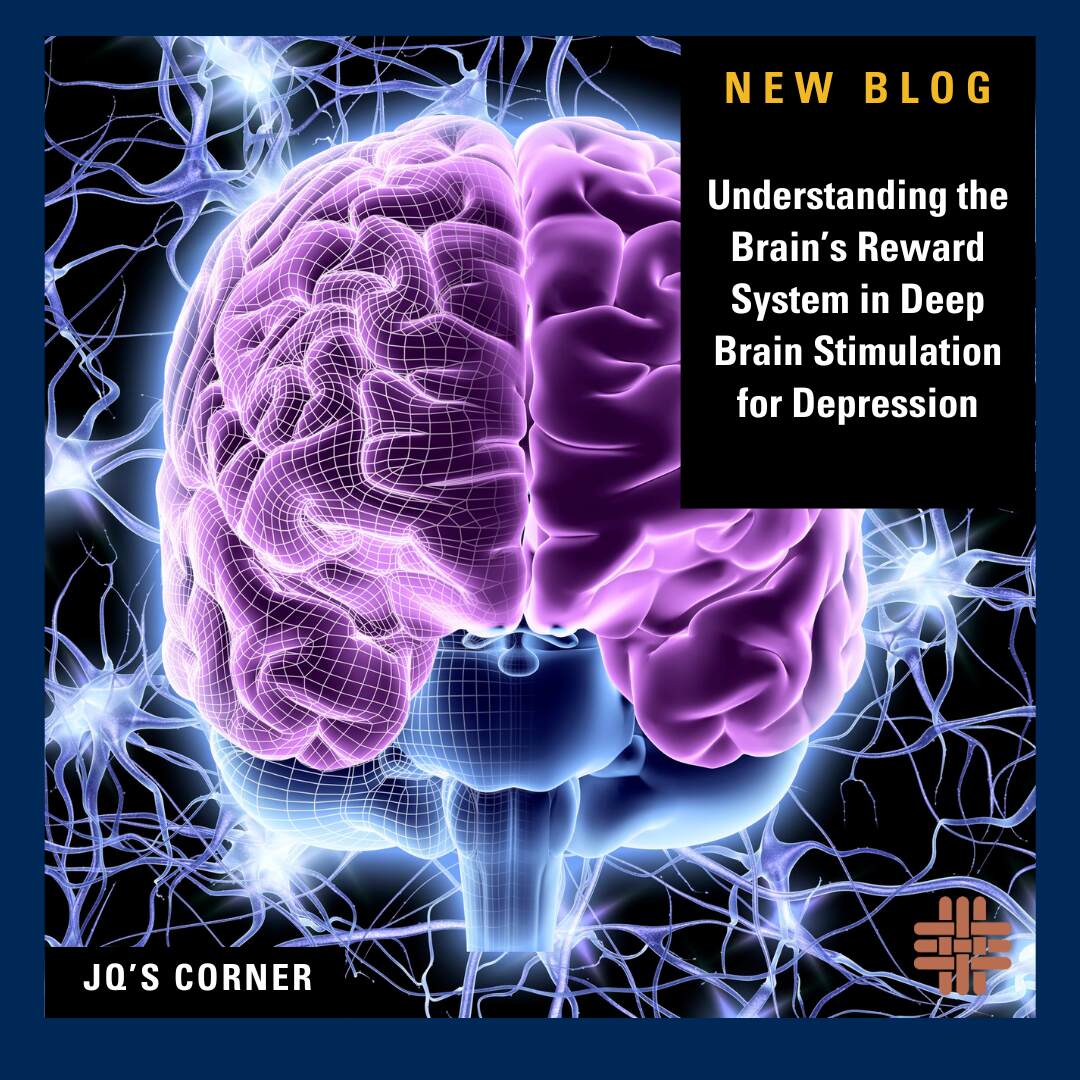
Understanding the Brain’s Reward System in Deep Brain Stimulation for Depression
For patients with treatment-resistant depression (TRD)—those who do not respond to multiple antidepressant trials—deep brain stimulation (DBS) offers a promising yet still experimental option. Recent research published in Molecular Psychiatry explores how brain activity within the reward circuit relates to…
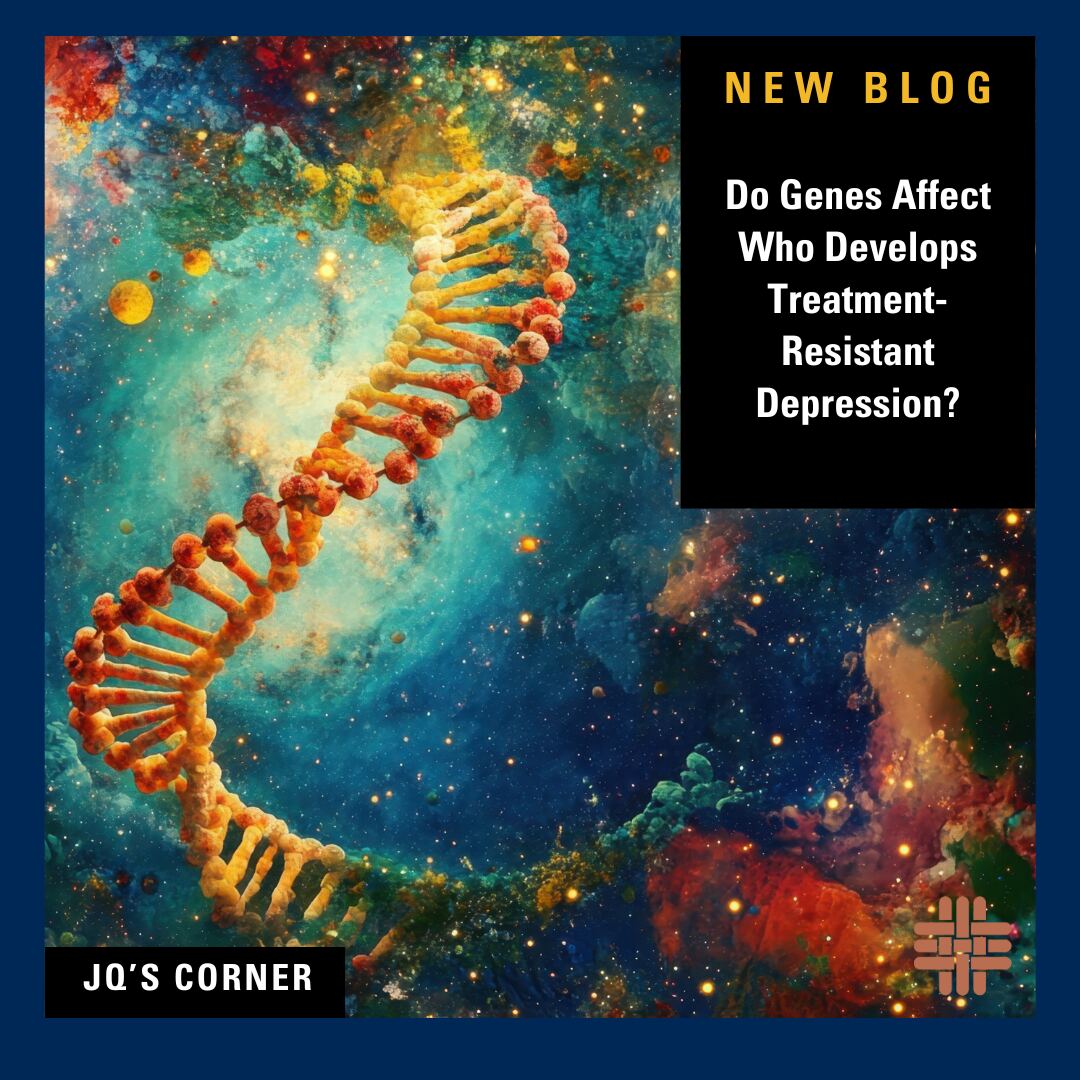
Do Genes Affect Who Develops Treatment-Resistant Depression?
Depression is one of the most common mental health conditions worldwide. For many people, antidepressants and therapy can provide meaningful relief. But for some—those with treatment-resistant depression (TRD)—standard treatments do not work, even after trying multiple options. This raises an…
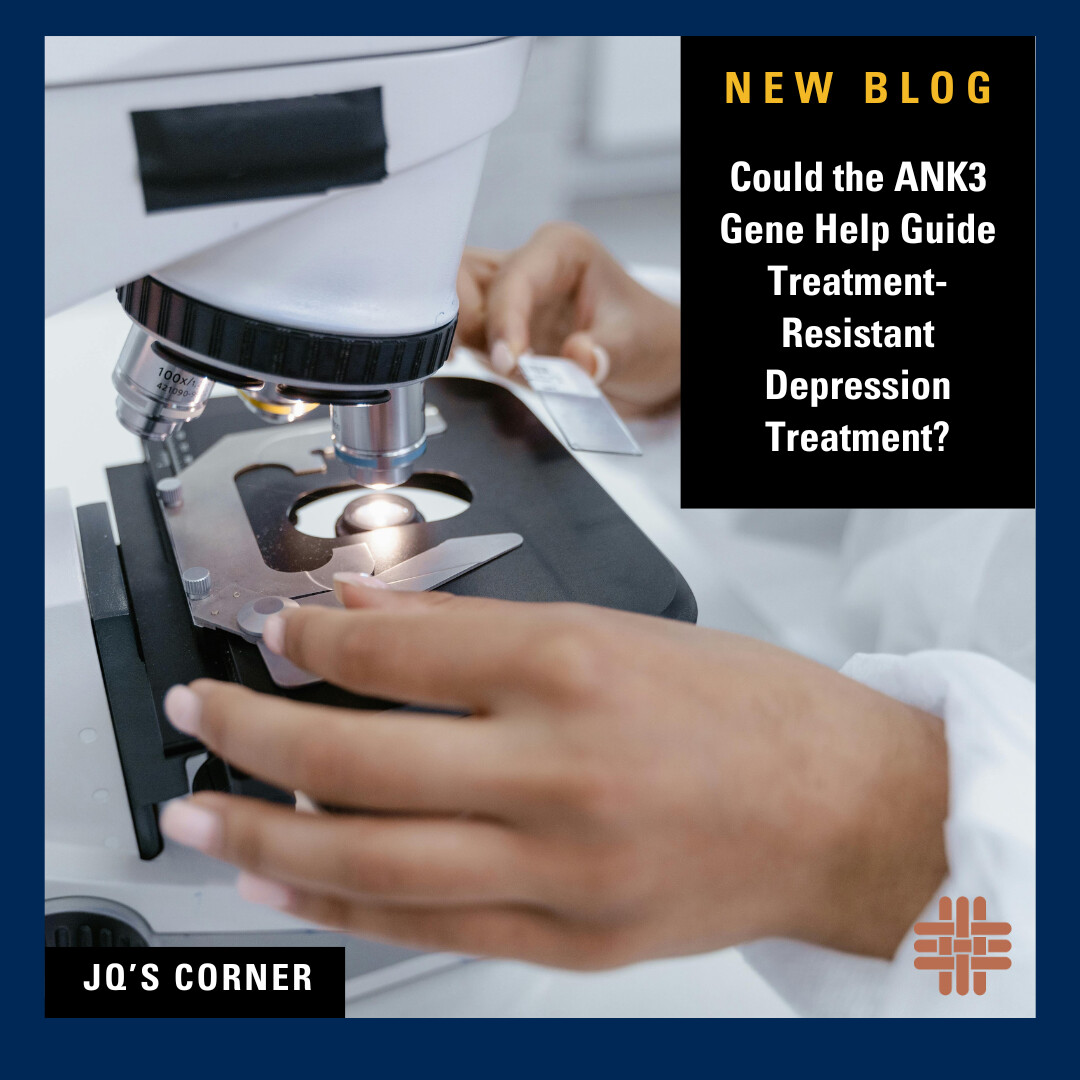
Could the ANK3 Gene Help Guide Treatment-Resistant Depression Treatment?
For many people, depression can be effectively treated with antidepressants, therapy, or advanced interventions like electroconvulsive therapy (ECT) or transcranial magnetic stimulation (TMS). But for those with treatment-resistant depression (TRD)—individuals who do not respond to standard treatments—the search for…
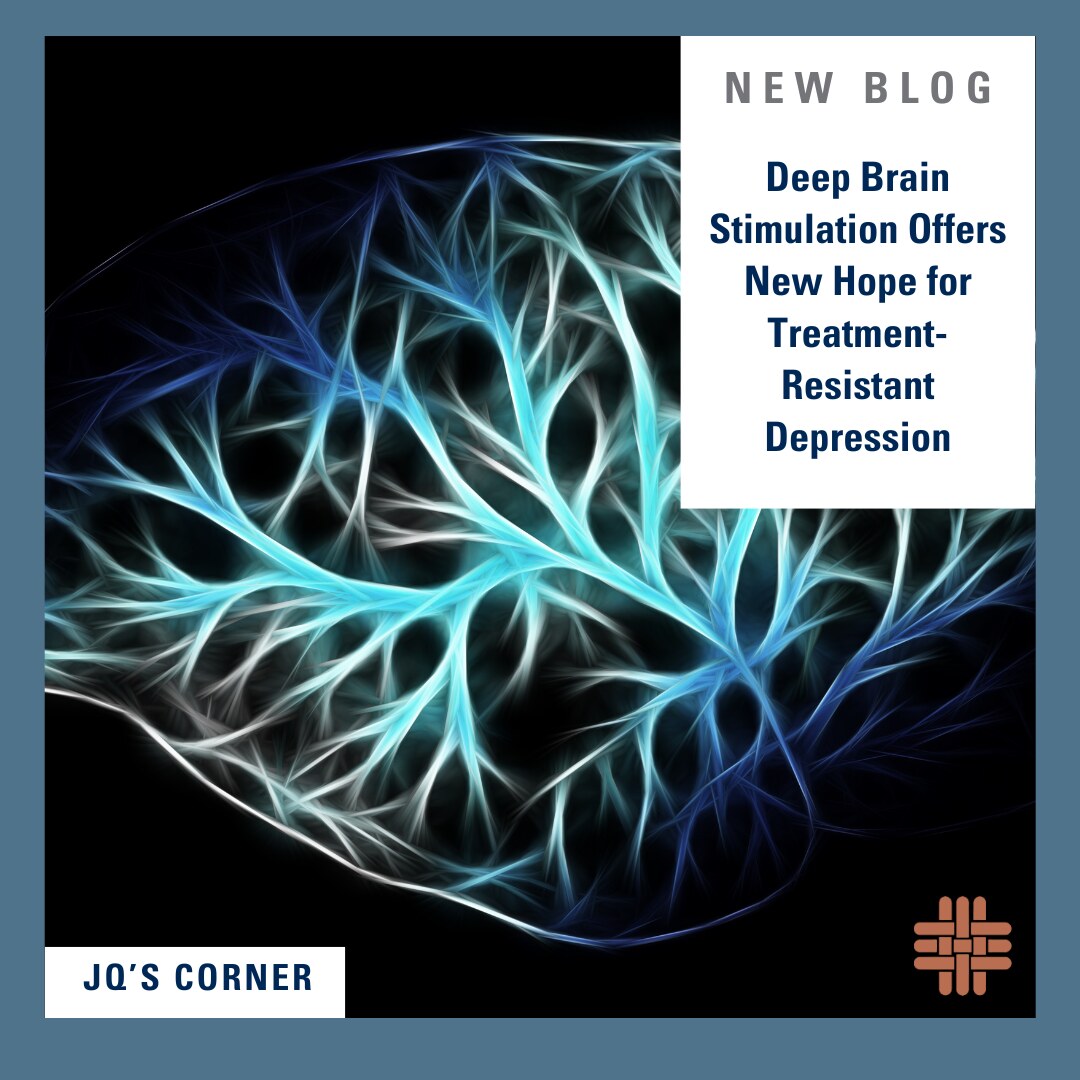
Deep Brain Stimulation Offers New Hope for Treatment-Resistant Depression
Major depressive disorder (MDD) remains one of the leading causes of disability worldwide, with nearly 200 million people affected. While many respond well to antidepressants, psychotherapy, or neuromodulation approaches like TMS and ECT, up to 40% of patients experience little…
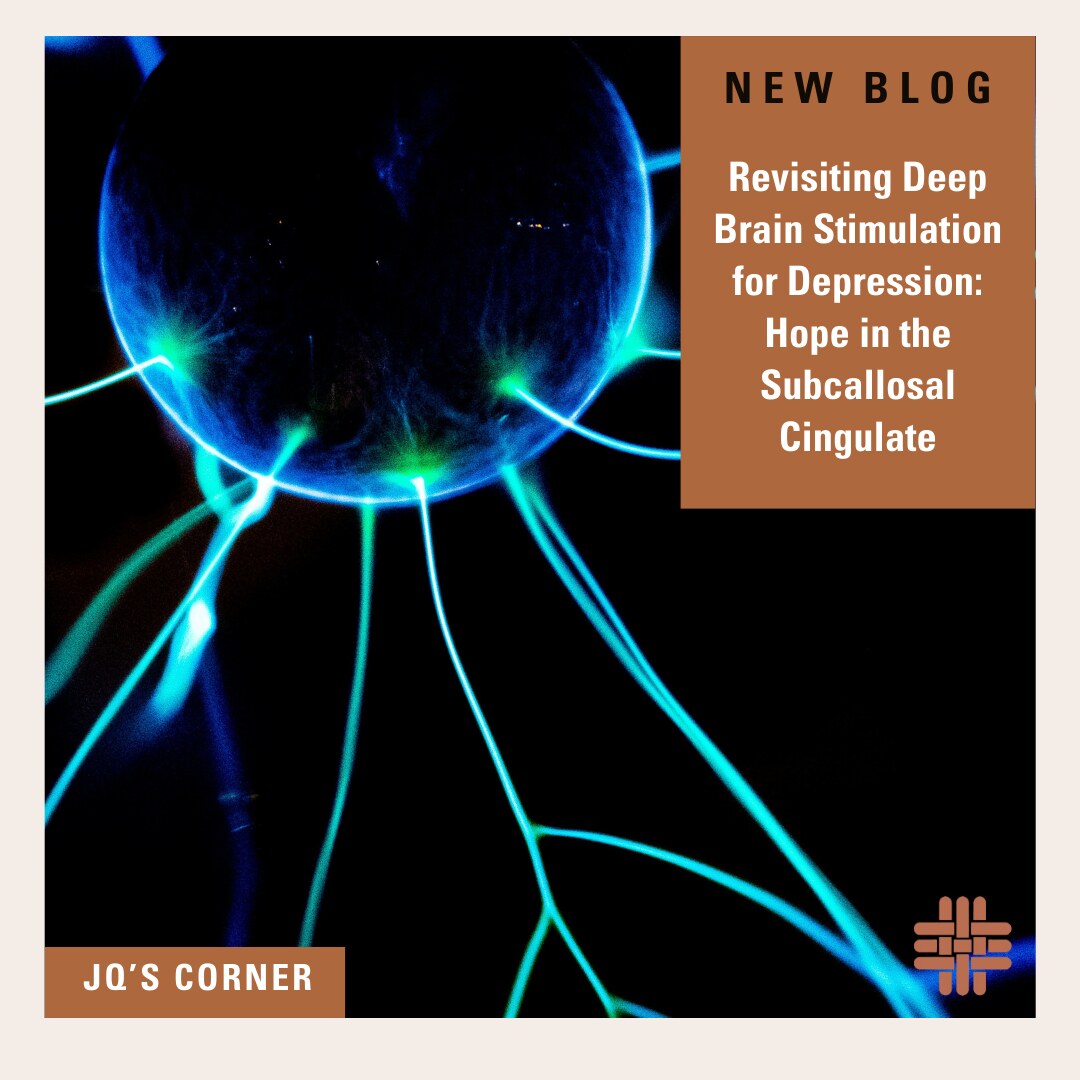
Revisiting Deep Brain Stimulation for Depression: Hope in the Subcallosal Cingulate
Treatment-resistant depression (TRD) remains one of the most urgent challenges in psychiatry. Despite multiple advances—from new antidepressants to electroconvulsive therapy (ECT) and transcranial magnetic stimulation (TMS)—up to a third of patients continue to experience chronic, debilitating symptoms. For these individuals,…

FDA Clears Expanded Use of MagVenture TMS Therapy for Adolescents and Young Adults
The U.S. Food and Drug Administration (FDA) has granted clearance for the MagVenture TMS Therapy® system to be used as an adjunctive treatment for Major Depressive Disorder (MDD) in adolescents and young adults aged 15 to 21 who have not…
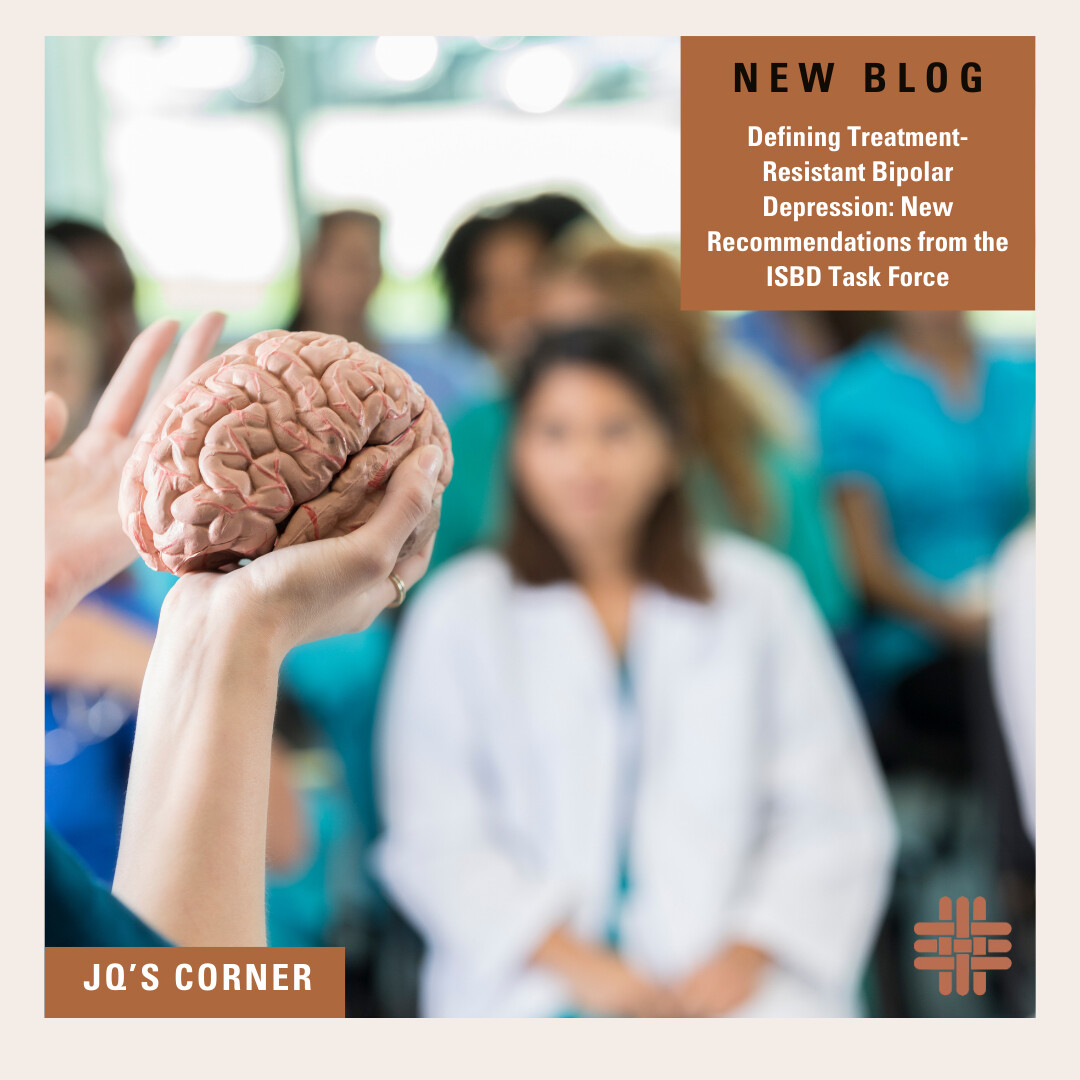
Defining Treatment-Resistant Bipolar Depression: New Recommendations from the ISBD Task Force
Bipolar disorder is a complex and often debilitating illness that affects 1–2% of the global population. Among its challenges, bipolar depression stands out as the leading cause of disability, poor quality of life, and increased suicide risk. While several medications…
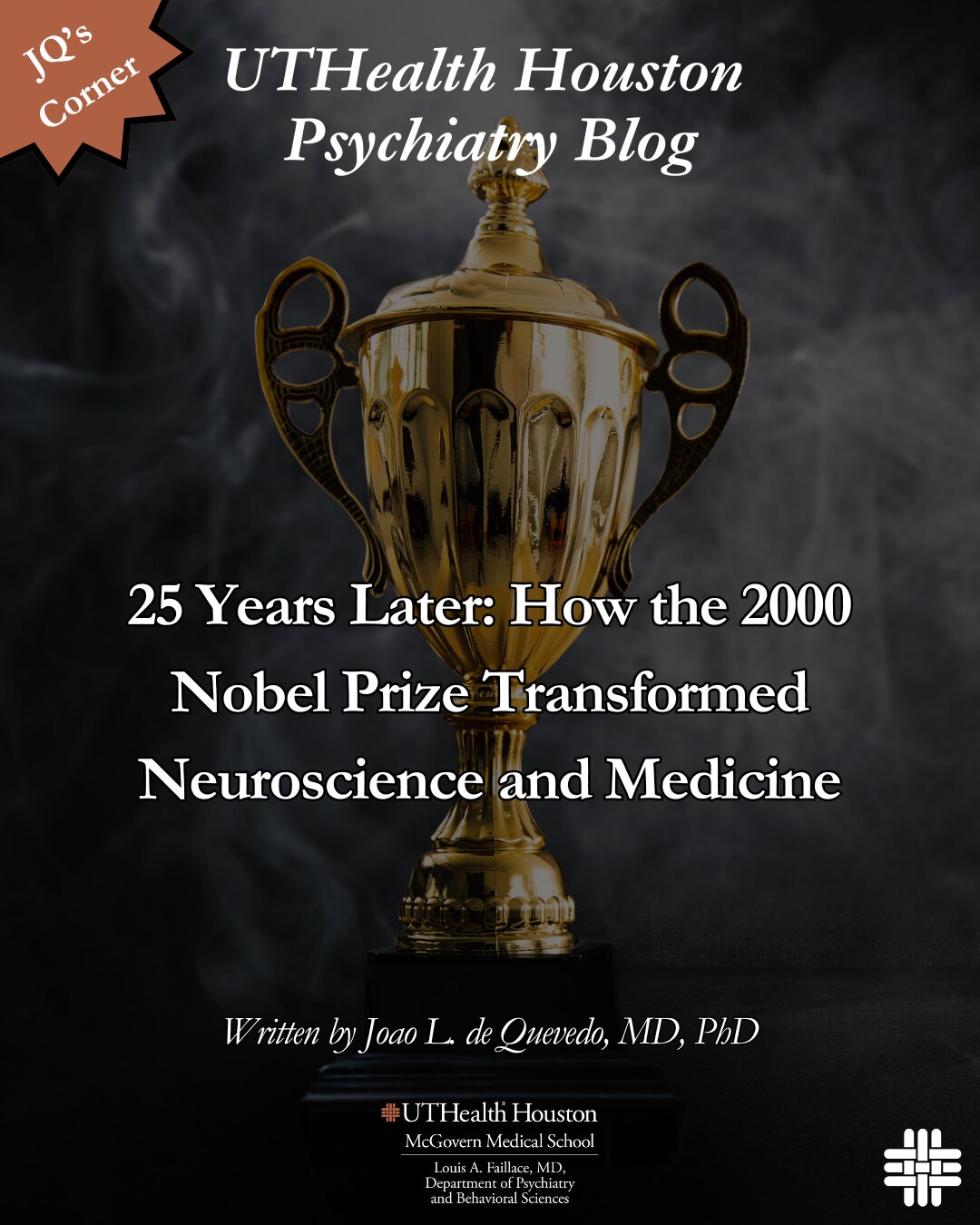
25 Years Later: How the 2000 Nobel Prize Transformed Neuroscience and Medicine
Celebrating a Quarter Century of Scientific Breakthroughs In 2025, we mark the 25th anniversary of one of the most influential Nobel Prizes in neuroscience and medicine. Awarded in 2000, the Nobel Prize in Physiology or Medicine recognized three pioneering scientists—Arvid…
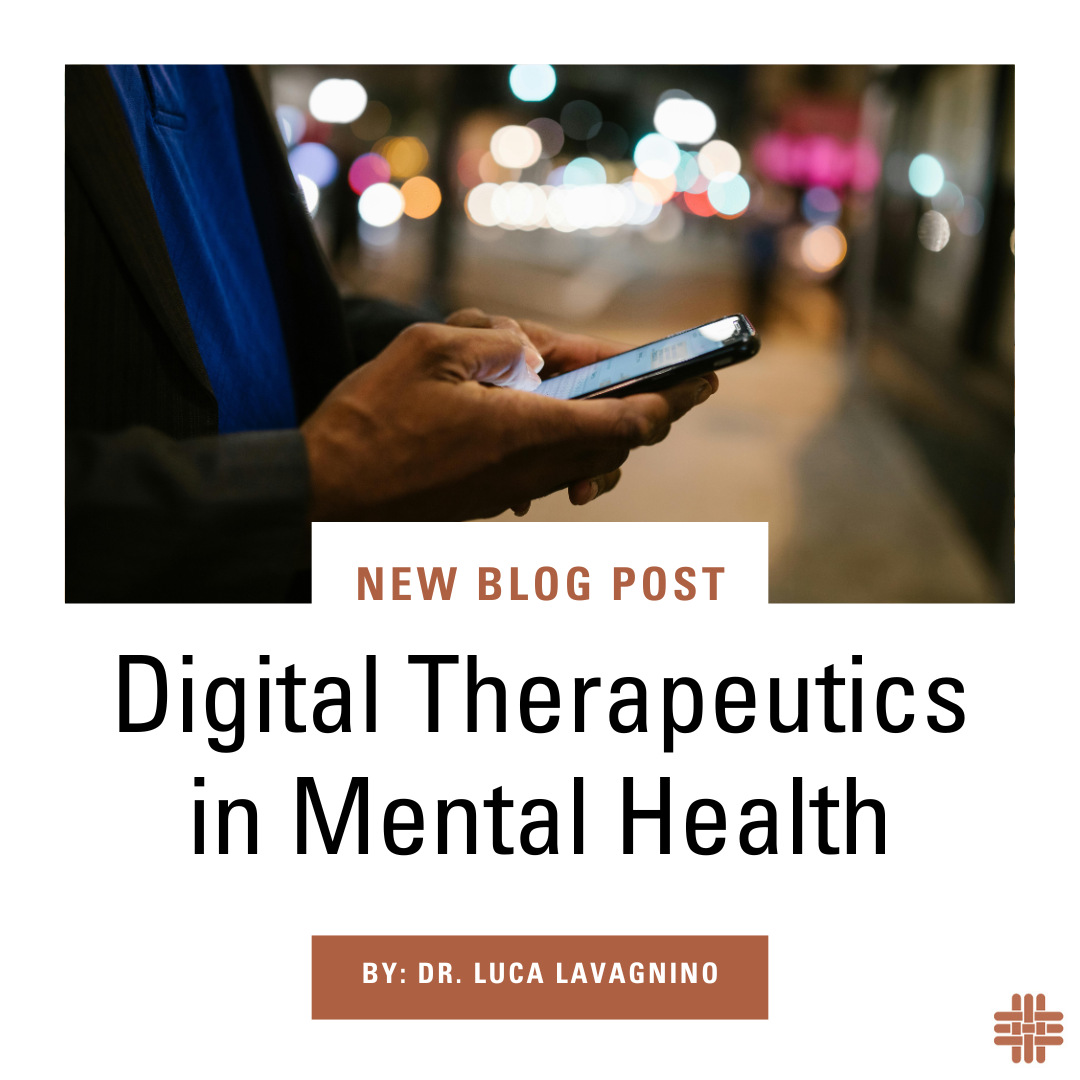
AI in Mind: Can Digital Therapeutics Reshape Mental Healthcare’s Future?
Have you ever battled anxiety or depression and wished that help could be instantly at hand, available any hour in any place? If you have followed recent advances in AI and wondered whether technology can make that possible, you are…
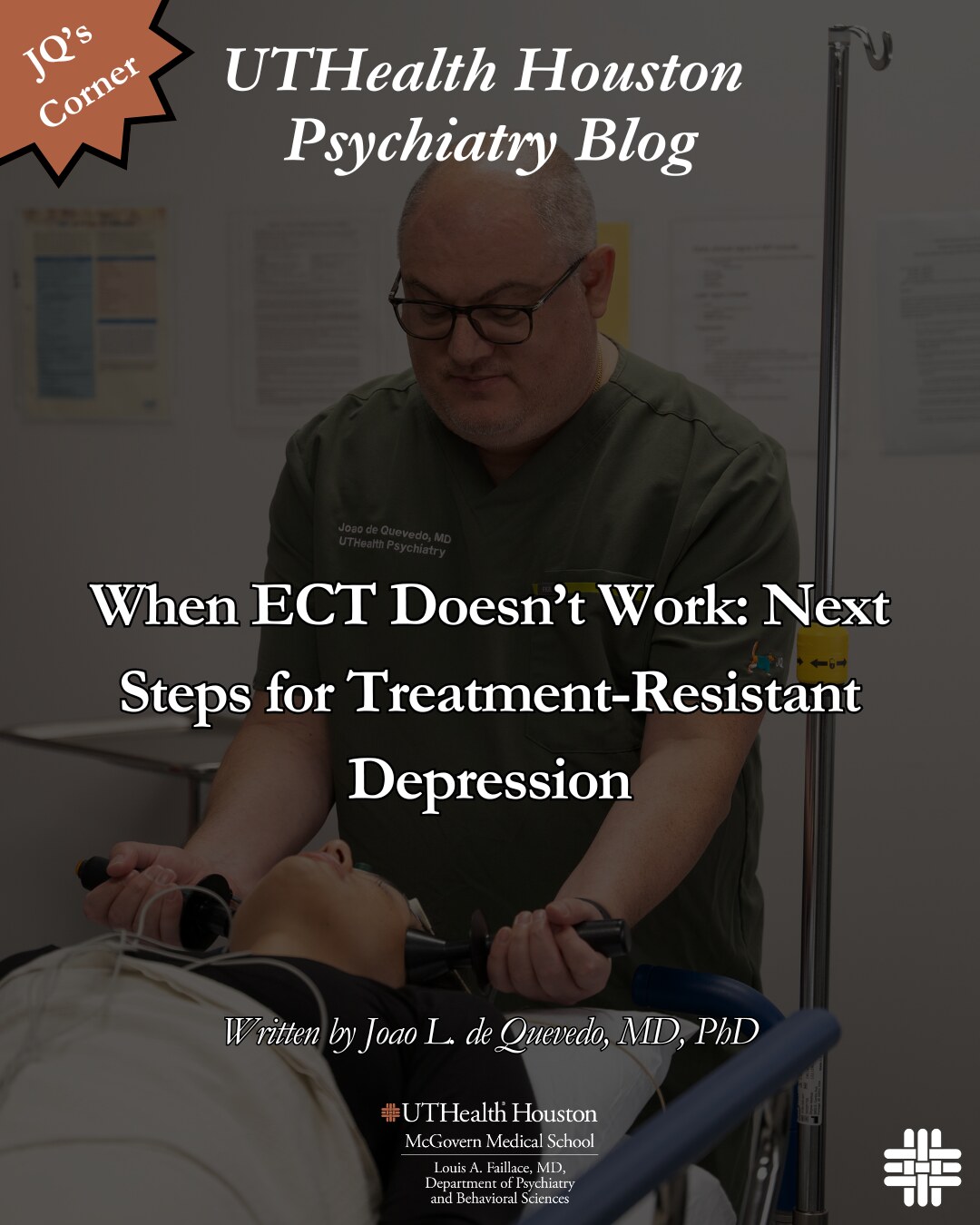
When ECT Doesn’t Work: Next Steps for Treatment-Resistant Depression
Electroconvulsive therapy (ECT) remains one of the most effective interventions for treatment-resistant depression (TRD), with response rates often exceeding 70%. For many patients who have not found relief through psychotherapy or multiple medication trials, ECT can offer life-changing improvement. However,…